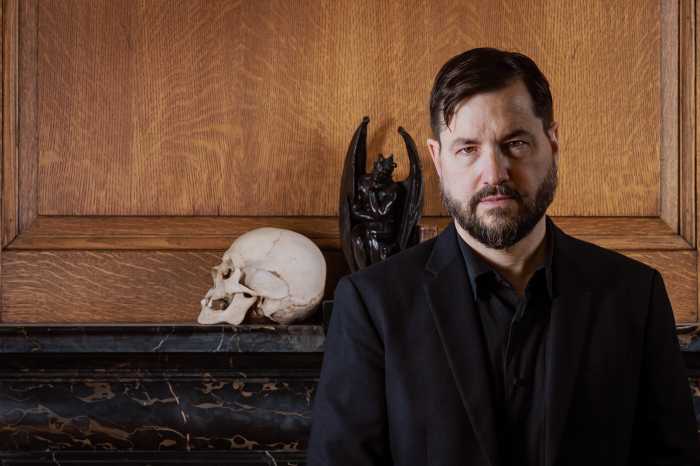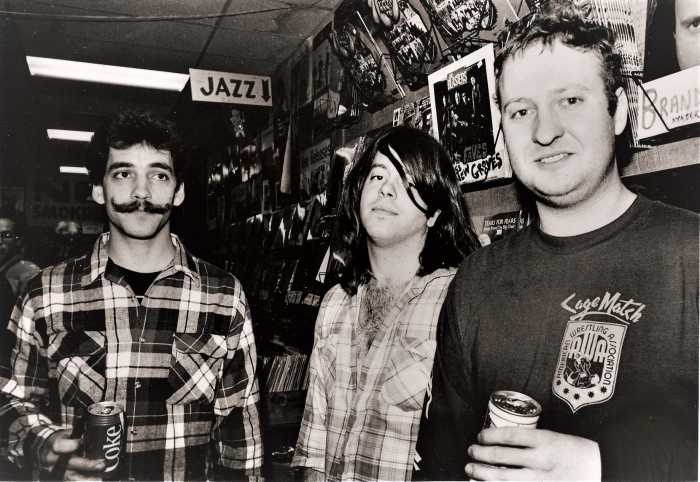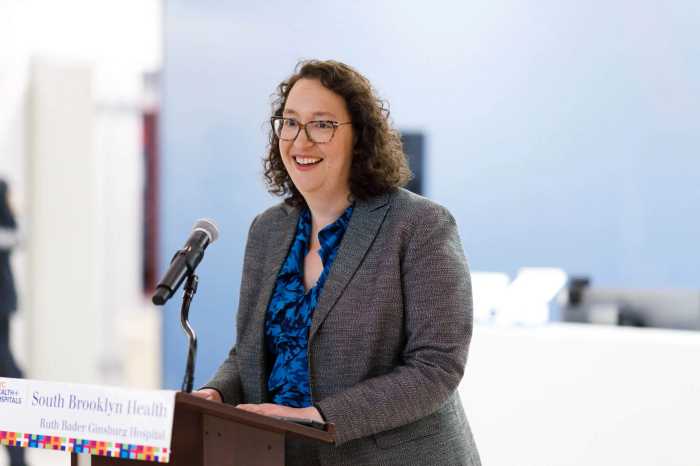On November 17, many vocal fanatics — a/k/a opera queens — found their way to the Met’s final seasonal performance of “Nabucco,” Verdi’s blazing Babylonian epic. Two cast members had joined an uneven team made up of highly adequate Zeljko Lucic, sadly inadequate Carlo Colombara, and handsome, ringing-toned but dangerously forcing Younghoon Lee.
Ample-voiced mezzo Elizabeth Bishop, whom the Met should have on hand for Wagner whenever Stephanie Blythe is unavailable, made a substantive Fenena.
But the True Faithful were there to hear Elisabete Matos, an ambitious and wide-ranging Portuguese soprano who made a sensational Met debut last season in one of the most demanding roles in the repertory, Minnie in “La fanciulla del West” — even returning for an unscheduled repeat when Deborah Voigt found herself indisposed.
That debut had an “old times” feel for many opera fans who find today’s scene rather bland and overly based on telegenic looks. Matos had both emotional and vocal generosity to burn and did memorable justice to Minnie’s outpourings.
Her assumption of Verdi’s Abigaille — yet another of the repertory’s most challenging roles, and more demanding of the lower register and of broad intervallic leaps than Minnie —proved, by the standard her debut set, somewhat disappointing. Matos sounded out of sorts in Act One’s initial chesty challenges, never entirely convincing us down there.
Yet she sounded very fine in much of her middle and upper register work — the voice is free and carrying, and to a remarkable extent she treated the punishing runs with a clean line of which few Abigailles can dream. Matos gives good melodrama and — on no rehearsal — gave a good account of Verdi’s lovable Bad Girl.
I hope Matos instantly drops “Nabucco” from her repertory, but look forward to her only other scheduled New York performance — as Irene in OONY’s concert of Wagner’s “Rienzi” at Avery Fisher on January 29. In Europe she has done Isolde. Perhaps she could augment the Met’s “Ring” casting?
The “Rodelinda” of December 7 marked another “take-over” performance — this, the Met debut of countertenor Anthony Roth Costanzo in the gratifying but vocally testing role of Unulfo. Costanzo was a scheduled replacement for British artist Iestyn Davies — himself new to the company — who had been the strongest cast element in the revival’s premiere November 14. Unulfo has logged the best Met performance history of any Handelian role — Bejun Mehta, Theodora Hanslowe, and Christophe Dumaux have all aced this steadfast exponent of the power of positive thinking, and so did both Davies and Costanzo.
Davies is a thoughtful artist with superb phrasing and a well-projected sound. Gamely essaying his own decorations, singing with daring, point, and remarkable silken tone, Costanzo showed the relaxed yet vibrant theatricality he’s honed on other stages.
Stephanie Blythe’s complex, resonant Eduige and swiftly developing Handelian Joseph Kaiser’s apt Grimoaldo were little short of wonderful. The show’s nominal stars, though faring better than on opening night, were still rather wan and verbally unconnected (Andreas Scholl’s Bertarido) and stylistically wayward and all but incomprehensible (Renee Fleming). Harry Bicket’s fantastic, stylish conducting energized the whole enterprise.
On December 14, I heard the New York Philharmonic play the perennial “Messiah” under the direction of Peter Schreier, the distinguished German lyric tenor who began conducting long before his lengthy vocal career ended. Unlike some tenors who pick up a baton, Schreier has the right to do so before a paying public, though the Handelian style on offer was that of approximately 1980 — somewhat middle-of-the-road in terms of tempos, but with a lightish orchestral texture and the soloists encouraged to decorate their lines.
The performance was no triumph. During both the soprano and bass arias in Part III — the edition of which shed the other two terrific piece one sometimes hears, “O Death, where is thy sting?” and “If God be for us” — serious coordination issues arose. But it proved an earnest, relatively pleasing account of a great work, done in a particular style.
For once in this piece, the male soloists outsang the women. Australian tenor Steve Davislim, a Met Pedrillo in 2008, offered excellent work. Verbally and musically commanding, he shaped the music with imagination and subtle dynamic gradations. Bass Peter Rose tended to deliver “loud and louder” but was in very good voice and handles his divisions with aplomb.
Neither Ute Selbig nor Nathalie Stutzmann is a native Anglophone speaker, and that resulted in some mushy diction. The French contralto, though seeming physically ill at ease, sung with considerable feeling and some typically insightful touches. Her odd tone is what it is — imposing without much velvet or shine.
The German soprano offered mainly shine — her top notes rang out strongly, but there was little charm in how she moved her voice though the music. I suspect she’d do better in Mahler or Berg. Joe Miller’s Westminster Symphonic Choir, who sounded fleet, lovely, and well blended in the many choral numbers. Only the mocking “He trusted in God” needed a fiercer delivery.
David Shengold (shengold@yahoo.com) writes about opera for many venues.


































